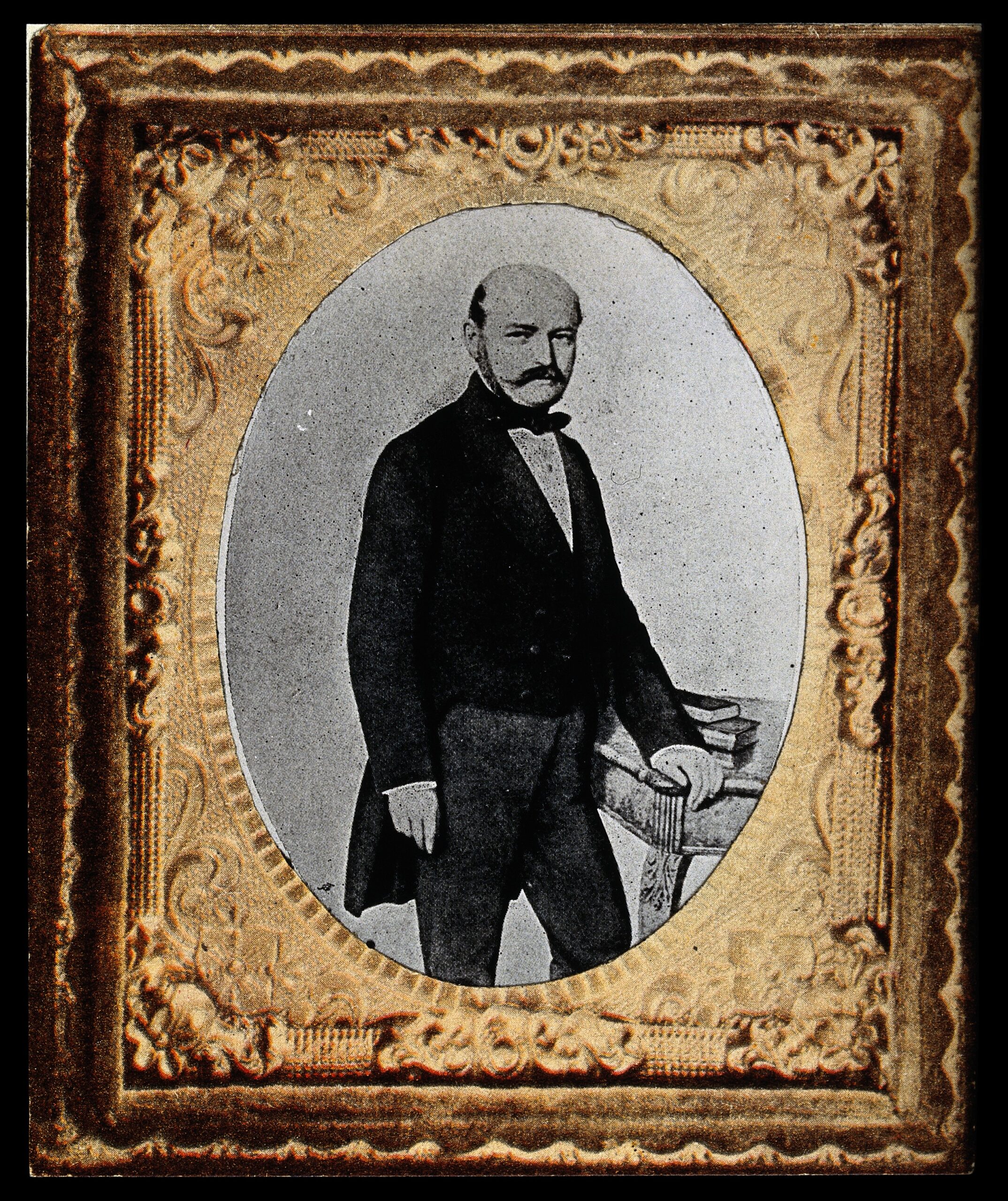
As we celebrate Handwashing Awareness Week, it’s a great time to reflect on the history of this important public health practice, its impact on society, and how genetic testing ties into the equation.
The History of Handwashing
Handwashing Awareness Week is celebrated annually during the first full week of December. This observance, although just a couple of decades old, is grounded in a history of hand hygiene practices that dates back to the mid-19th century.

The importance of hand hygiene was first recognized by Hungarian physician Ignaz Semmelweis in 1847 – the Father Of Hand Hygiene, when he observed that childbed fever rates dropped significantly when doctors washed their hands before examining pregnant women. Despite facing resistance from the medical community, Semmelweis’s findings laid the groundwork for the eventual acceptance of the germ theory of disease and hand hygiene as a vital preventive measure.
The Importance of Handwashing
Celebrating Handwashing Awareness Week serves as a timely reminder of the importance of this simple yet powerful act in maintaining public health. Hand hygiene plays a pivotal role in preventing the spread of infectious diseases.
Let’s consider the recent COVID-19 pandemic as an example. One of the primary recommendations from health organizations worldwide was regular and thorough handwashing. This simple act can significantly decrease the transmission of the virus, reducing the burden on healthcare systems and saving lives.
Hand hygiene has also been instrumental in combatting other communicable diseases like influenza, norovirus, and many types of diarrheal diseases. It has transformed society by reducing disease transmission, improving public health, and in turn, enhancing productivity and the economy.
How To Properly Wash Your Hand?
According to the World Health Organization’s document on hand hygiene, here is a summary of the correct method to wash your hands:
- Wet your hands with water.
- Apply enough soap to cover all hand surfaces.
- Rub hands palm to palm.
- Rub right palm over left dorsum with interlaced fingers and vice versa.
- Rub palm to palm with fingers interlaced.
- Rub the backs of your fingers to opposing palms with fingers interlocked.
- Perform rotational rubbing of left thumb clasped in right palm and vice versa.
- Perform rotational rubbing, backwards and forwards with clasped fingers of right hand in left palm and vice versa.
- Rinse hands with water.
- Dry hands thoroughly with a single use towel.
- Use the towel to turn off the faucet.
After this process, your hands are considered safe. The entire procedure should take about 40-60 seconds.

Additionally, remember to take care of your hands by regularly using a protective hand cream or lotion, at least daily. You should not routinely wash hands with soap and water immediately before or after using an alcohol-based handrub, and you should not use hot water to rinse your hands. After handrubbing or handwashing, let your hands dry completely before putting on gloves.
The Connection between Genetic Testing and Handwashing
At first glance, genetic testing and handwashing might seem unrelated. However, a deeper look reveals an intriguing connection. Genetic testing, like handwashing, is a preventive measure that can provide insights into individual health risks.
Certain genetic variants can make individuals more susceptible to specific diseases. By being aware of these predispositions, individuals can take preventive measures, much like handwashing, to reduce their risk of contracting or developing those diseases.
Moreover, genetic testing can shed light on how an individual’s immune system might respond to infections. Knowledge about one’s genetic makeup can lead to personalized health strategies, including hygiene practices.
Takeaways
In conclusion, Handwashing Awareness Week is more than an annual observance – it is a reminder of the power we have in our hands to prevent disease and maintain our health. Similarly, genetic testing offers us the power of knowledge, enabling us to make informed decisions about our health. Here at CircleDNA, we believe in empowering individuals with the tools and knowledge they need to lead healthier lives. Remember to wash your hands regularly and consider exploring what your genes have to say about your health.







Thank you for your sharing. I am worried that I lack creative ideas. It is your article that makes me full of hope. Thank you. But, I have a question, can you help me?
Thank you for your sharing. I am worried that I lack creative ideas. It is your article that makes me full of hope. Thank you. But, I have a question, can you help me?